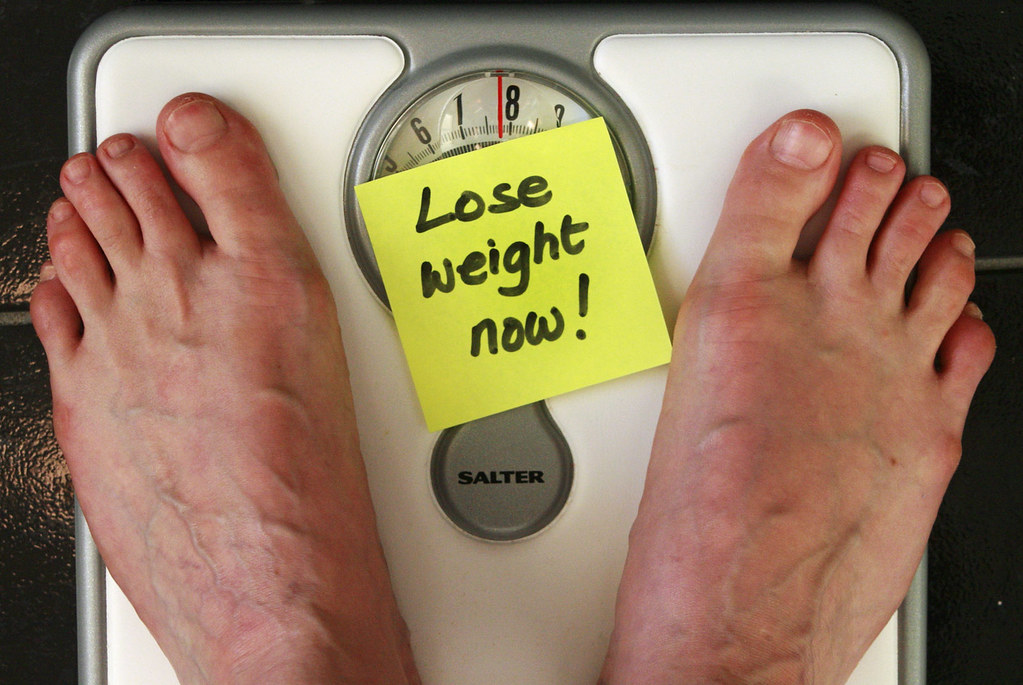
Eating Disorders: Types and Risks.
Eating is an automatic function that is essential for our survival. We need energy and nutrients to keep our bodies balanced, and these can be found mainly in food.
Food helps us fuel many of our body mechanisms, such as our physiology and psychology, which both greatly impact our food consumption.
Eating disorders are a serious matter; we refer to the term eating disorder when there are significant and permanent disturbances in our food intake, which can lead to medical, psychological and social consequences.
Eating disorders affect 5 to 8% of the population nowadays. Anorexia and bulimia mainly affect young women, and binge eating disorder seems to affect men as much as women and starts later in life. In this article, we will go over the most common eating disorders and their symptoms.
Anorexia nervosa.

This disorder is characterized by a drastic and voluntary reduction in food intake relative to needs, resulting in being severely underweight. You should know that weight depends on age, height and many other factors. Everyone has an expected healthy minimum weight, Anorexia seems to triggered by the fear of gaining weight and the distorted perception of our own body image.
Anorexia can take two different forms; one can restrict their eating habits or can indulge in self-destructive actions such as forceful vomiting or consuming too much laxatives.
Bulimia nervosa
“Bulimia nervosa” refers to an eating disorder characterized by binge eating followed by compulsive behaviors such as purging, fasting, and/or excessive exercise. They get indulged in dysfunctional behaviours to be able to control weight; this involves vomiting, laxatives, intense physical activity and fasting…
It also involves self-inflicted psychological torture, which impacts their self-esteem.
Binge-eating disorder
Binge eating affects recurrent episodes of overeating. It involves eating a very large amount of food in a very short period, it is often linked to negative circumstances, where the victim recurrently takes refuge in food.
This also includes eating much faster, feeling uncomfortable after eating, eating a lot even though you are not hungry.
There are many psychological consequences linked to binge-eating, commonly guilt, and a sense of distress that can lead to self-isolation.
Pica
This disorder is mostly found in children, where the latter repeatedly swallow non-nutritive substances such as plaster, sand, stones, paper, etc. This can lead to serious health complications, so it is important to watch for symptoms such as frequent abdominal pain, constipation or even growth retardation.
If you think your children may have this disorder, it is important to contact a paediatrician as soon as possible.

What are the risk factors for these eating disorders?
Although each of these disorders has its own characteristics, they may have risks in common, mainly if it happens regularly. The main risk is the view on body image, keep in mind that eating disorders can run in the family.
Self-esteem during early childhood depends on the parents, so if the parents themselves have eating disorders, they can affect their children’s self-esteem. It can also be affected by childhood obesity, puberty or trauma.
We are living in a society where weight has its significance, be it being thin or fat (curvy). This happens mostly for adolescents as their bodies are still developing and they are exposed to stigmas.
It can be observed that most adolescents, especially young girls, tend to monitor or even restrict their diet during puberty.
In addition, it is not surprising that people who are involved in professions or sports where image and weight play a significant role are much more likely to be affected by eating disorders. Let us know in the comments what you think of eating disorders…
You May Also Like

Can Serial Killers Really Love Their Children?
2021-08-20
Understanding Gender Fluidity
2022-03-21

